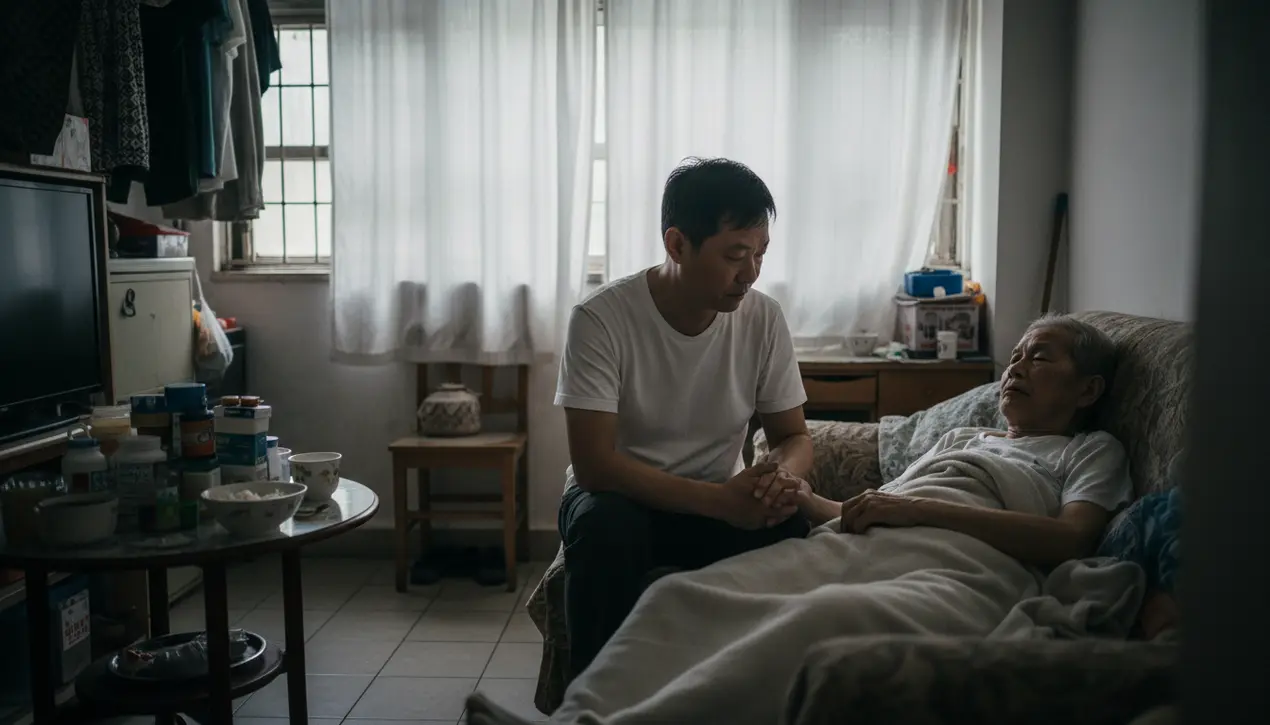
Otherothers newsSocial Issues
Study: Hong Kong's Male Carers Need More Support.
LA
Laura Bennett
2 hours ago7 min read4 comments
The quiet struggle of Hong Kong's male carers, particularly those tending to their aging fathers, represents a profound and often overlooked shift in the city's social fabric, a reality brought into sharp relief by a recent University of Hong Kong analysis of 6,777 individuals supported by the Jockey Club Carer Space Project. This isn't just a statistic; it's the story of men like Michael, a forty-two-year-old accountant I spoke with, who after his mother passed, found himself solely responsible for his father's escalating dementia needs.He described the silent weight of it all—the 3 a. m.disorientation, the bureaucratic maze of healthcare services, and the peculiar isolation of being the only man in his weekly support group, where discussions of emotional fatigue felt implicitly gendered. The study’s finding that 8.2 percent of adult children caring for parents are classified as high-need is a stark number, but it’s in the human details where the true narrative unfolds. These sons are navigating a role for which there is no traditional script, caught between the Confucian expectation of filial piety and a modern masculine identity that often discourages public vulnerability or the admission of being overwhelmed.The call to bridge the gender gap in support services isn't merely an administrative recommendation; it's a plea to dismantle a cultural blind spot. Support groups and outreach materials are frequently tailored with a female carer in mind, focusing on emotional sharing and communal support, which can feel alienating to men who might benefit more from practical, problem-solving frameworks or peer connections built around shared activities rather than direct emotional confession.This creates a dangerous feedback loop: men are less likely to seek help because the help offered doesn't resonate with their lived experience, and their subsequent silence is then misinterpreted as a lack of need. The consequences ripple outward, affecting workplace productivity as these men juggle careers with care, and straining their own mental and physical health, a hidden public health crisis in the making. We must ask ourselves what kind of society we are building if we fail to see the carer in the son, if we allow outdated notions of strength to prevent the creation of a support system that acknowledges the full, compassionate, and demanding humanity of every person, regardless of gender, who takes on the sacred duty of care.
#male carers
#fathers
#Hong Kong
#gender gap
#support services
#study
#editorial picks news
Stay Informed. Act Smarter.
Get weekly highlights, major headlines, and expert insights — then put your knowledge to work in our live prediction markets.
Comments
Loading comments...
© 2025 Outpoll Service LTD. All rights reserved.